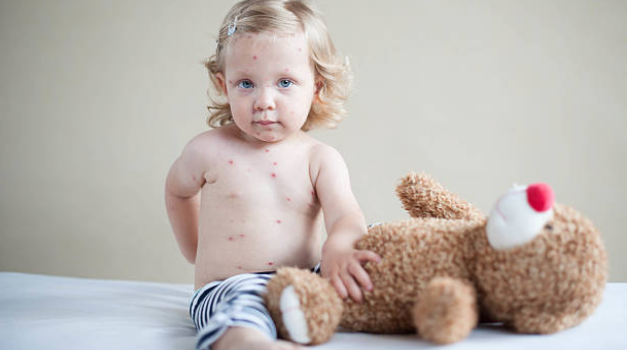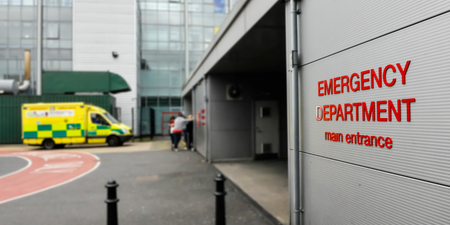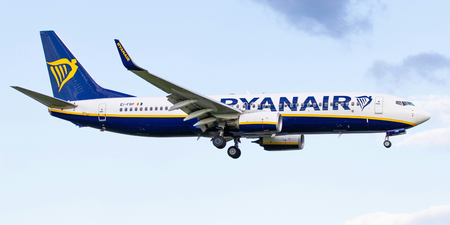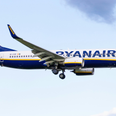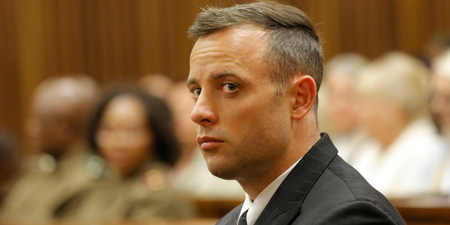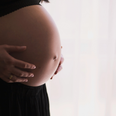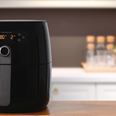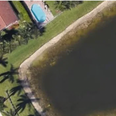The last outbreak was in 2000.
The HSE has issued a warning for parents following a measles outbreak among children in Europe.
Measles cases in children are rising across Europe and Irish children are at risk of catching the viral illness as it is highly contagious.
Measles is most common among children aged between one and four years old, although anyone who has not been vaccinated against measles can catch it.
The illness begins with cold-like symptoms that start around 10 days after infection, with a rash following days later.
It typically lasts 7 to 10 days and is much more common in children than adults. It can have more serious health complications in children.
According to the HSE, the symptoms include:
- cold-like symptoms such as aches and pains, a runny nose, sneezing and a cough
- sore, red eyes that may be sensitive to light
- a temperature of 38 degrees Celsius or above (fever), which may reach around 40 degrees Celsius
- small greyish-white spots in your mouth
- loss of appetite
- tiredness, irritability and a general lack of energy
The HSE advised on social media: “Measles cases are rising right now in Europe. Your child needs two doses of the MMR vaccine to be fully protected. It is the best way to protect our little ones from measles.”
The last measles outbreak in Ireland happened in 2000 with over 1,600 cases and 350 children hospitalised, according to the HSE. Sadly, three children died from it.
Dr Lucy Jessop, Director of the HSE’s National Immunisation Office, said in a statement that she encouraged all parents to ensure their child is up to date one their vaccinations.
“Measles spreads very easily and it can be very serious, especially in younger children. Getting the MMR vaccine is the best way to prevent it and protect your child,” she said in a HSE statement.
She added that the uptake in the first and second doses of the MMR vaccines have dropped below the 95% rate that is recommended by the World Health Organisation.
